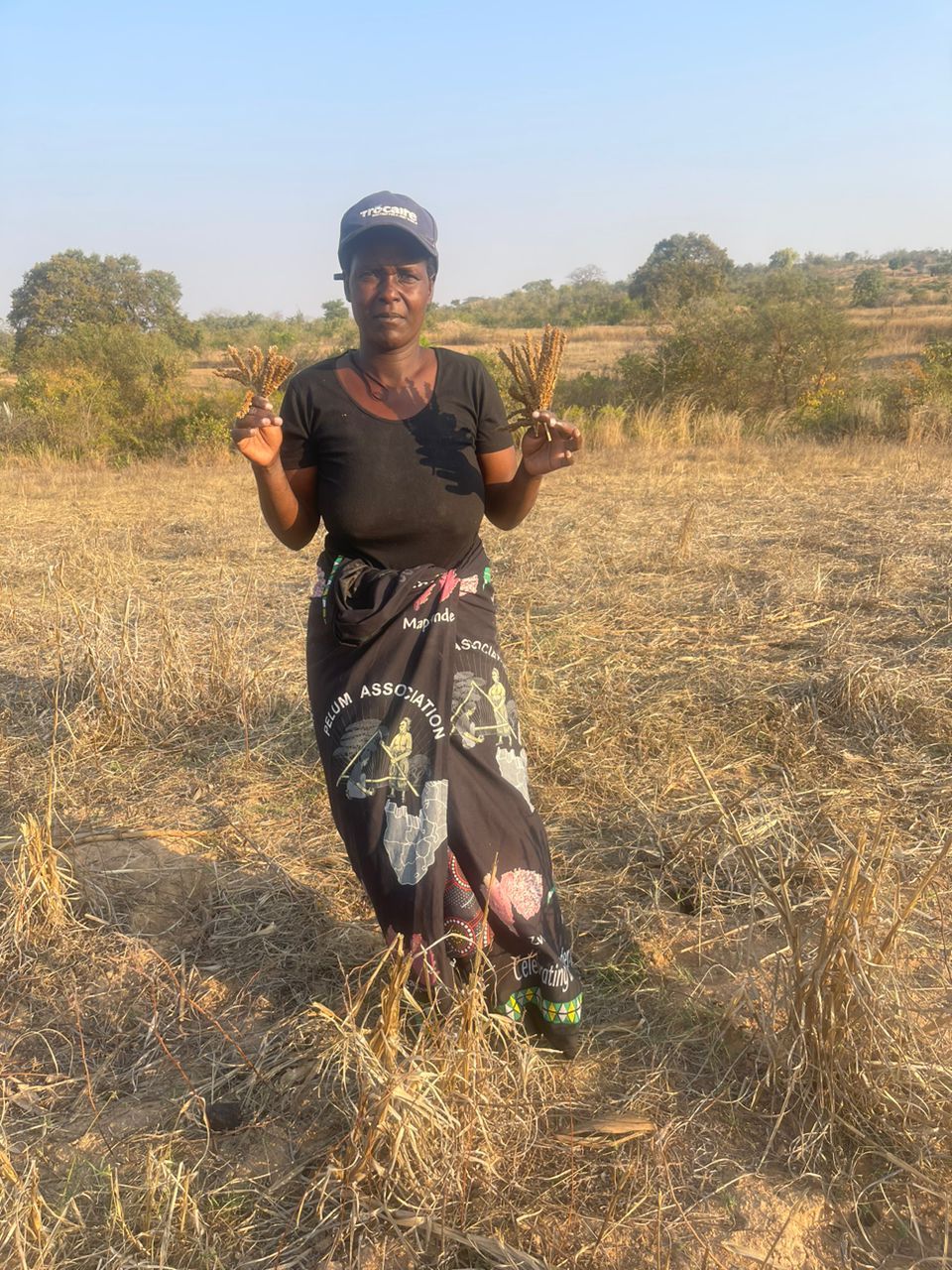TRÓCAIRE has thanked the public and said that local donations have made possible a life-changing project in Zimbabwe that is supporting thousands of people in the southern African country.
The Trócaire Lenten Appeal in 2022 focused on Zimbabwe and the huge challenges faced by the people there. An El Niño-induced drought affecting the southern African region has been posing significant challenges for families trying to grow enough food to feed themselves, getting access to water and economic stability. The drought has also had negative impacts on people’s health. Agriculture, a cornerstone of Zimbabwe's economy, has been severely impacted, resulting in reduced agricultural output and a heightened dependence on food imports.
The appeal in 2022 received support through the UK Aid Match initiative which saw donations from people in Northern Ireland matched by the UK government. This resulted in an extra £2 million in funding which has been used specifically in Zimbabwe to support families to become self-sufficient. The three year project is at the mid-way point and has already resulted in thousands of people seeing positive change in their lives.
One of the people who has benefited from the project is Kerita Maheya, a single mother with two children from Zaka District. She is among the community members who have borne the brunt of the climate variability, facing significant challenges in providing food and income for her family.
‘With traditional seeds, you won’t go wrong’ explains Kerita Maheya while showing how she preserves traditional seeds
“I must fend for my family since I have no one else to rely on. I used to use hybrid seeds, which required more synthetic fertilisers and were also vulnerable to diseases and pests. Each cropping season has been marred by crop failures due to mid-season dry spells and recurrent droughts, and we had to resort to one meal per day, eating whatever we would come across,” says Kerita.
“The introduction of the UKAM project was an eye-opener for me. Prior to the project, I solely cultivated hybrid maize for my cereal needs and had never considered traditional seed varieties. However, after becoming one of the first farmers trained as a lead farmer, I had the opportunity to attend the 2023 Good Food and Seed Festival (GFSF). There, I was inspired by how other female farmers had embraced and benefitted from growing traditional seed varieties.”
Kerita now has enough cereal and pulses to last until the next harvesting period. She has already selected sufficient seed for the 2024/2025 cropping season for her family, as well as a significant amount that she can sell to fellow farmers.
“I’m now happy to have found a way of life through traditional grains, which are drought-tolerant and less affected by diseases. Farming has always been my support system as a widow, and the surplus income I generate helps finance my children’s education, investing in their future. My family can now afford at least three decent meals per day and my daughter who is in school has never missed a lesson due to non-payment of school fees this year,” says Kerita.
Chenai, Kerita's daughter, going to school in her new school uniform
Peter Heaney, Head of Region for Trócaire in Northern Ireland, says that this life-changing work would not have been possible without the support of the public in Northern Ireland.
“The overarching aim of our Lenten Appeals is to create long term, positive change in people’s lives. Ultimately, a drive towards these families being self-sufficient without having to rely on aid. We are so grateful to people here at home who donated to the Lenten Appeal in 2022 which enabled us to maximise the fantastic support of the UK government through the UK Aid Match scheme and has resulted in incredible results in Zimbabwe.”



